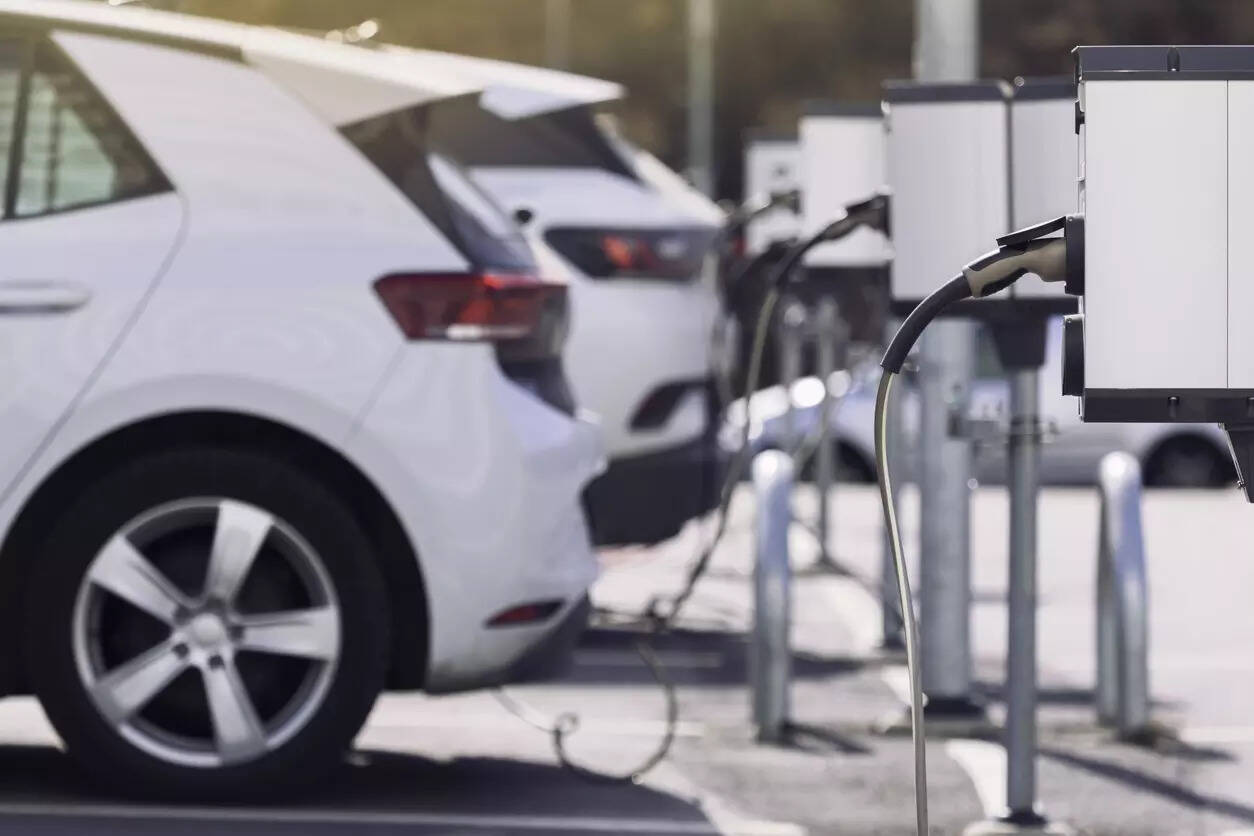
Transport commissioner Ashish Kundra on Monday said the next EV policy will focus on expanding the charging infrastructure, ramping up demand for two-wheelers and making subsidy schemes more attractive.
The current Delhi Electric Vehicle Policy, 2020, which expired August 8, has been extended till a new policy is notified.
“We will try to sync the incentives for two-wheelers with the cab aggregator scheme in the next policy,” Kundra said during a summit on clean transport, organised by International Council on Clean Transportation and India’s G20 Secretariat.
The cab aggregator scheme, which is at the stage of inviting suggestions from stakeholders, allows only electric two-wheelers as taxis.
According to the EV policy, two-wheelers are eligible for a INR 5,000 subsidy per kWh of battery capacity. Three-wheelers are eligible for a INR 30,000 subsidy, regardless of overall cost or battery capacity. Subsidy for four-wheelers – INR 10,000 per kWh of battery capacity – was available only for the first 1,000 EVs registered under the scheme.
Kundra said the government will go for an ambitious electrification target, under which 80% of the bus fleet would be electric by 2025. He said light- and medium-duty trucks or goods vehicles that are into intra-city operations could be targeted in the policy. “For instance, garbage tippers or even school buses could be looked at,” he added.
The two-wheeler and three-wheeler cargo segments would grow at a fast face, said Kundra. Cars could see a slower trajectory, but if the charging infrastructure expands fast, it could be a game changer, he added.
NCRTC MD Vinay Kumar Singh said the USP of this mode of transport system is its speed as people can travel up to 90-100kmph. NCRTC, he added, would create a “network of networks”, interlinking different modes of public transport.
Anumita Roychowdhury, executive director of research and advocacy, CSE, said combining buses with electricity would not just decarbonise the fleet, but also mass commuting.
ICCT India MD Amit Bhatt said, “Through our collaborative endeavours, we are setting the stage for transformative dialogues, nurturing sustainability and cultivating innovative strategies that will chart India’s path toward decarbonisation.”

